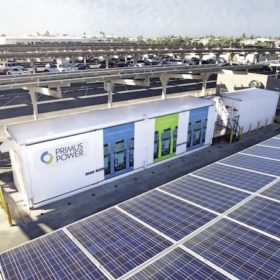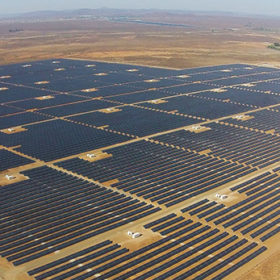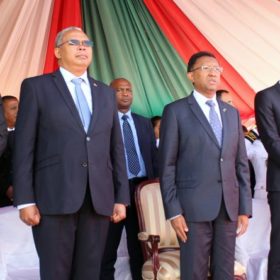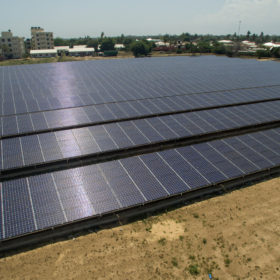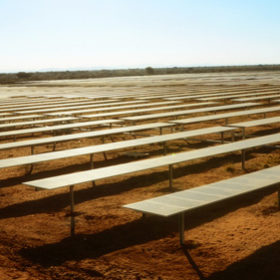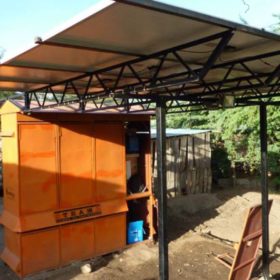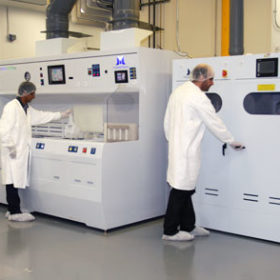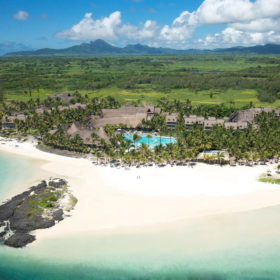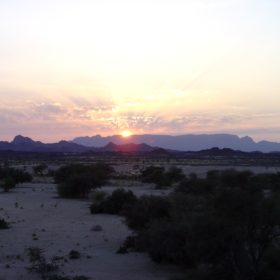Mozambique launches $500 million electrification program based on hydro, solar, microgrids
The government of the eastern African nation has revealed plans to bring power to remote areas in the provinces of Maputo, Gaza, Inhambane, Sofala, Manica, Tete, Zambézia, Nampula, Niassa and Cabo Delgado.
South Africa: All oustanding solar PPAs can find a workable solution
South African consultant and PV expert Chris Ahlfeldt has explained to pv magazine how the impasse of the outstanding PPAs of round 3.5 and 4 of the country’s REIPPPP program may affect solar PV less than other renewable energy technologies. The PPAs relate to twelve large-scale solar projects totaling 813 MW selected in round 4.
Madagascar introduces fiscal breaks for PV
The new measure was announced by Madagascar’s President, Hery Rajaonarimampianina on the occasion of the inauguration of a commercial PV system installed at a shopping mall in Ankorondrano.
Kenya wants more solar
The Kenyan energy regulator has commissioned a study to assess the current status and potential of the country’s solar sector.
South African government to sign outstanding PPAs for solar and renewables in late October
The PPAs are related to 37 utility-scale projects selected in Rounds 3.5 and 4 of South Africa’s Renewable Energy Independent Power Producer Procurement Programme (REIPPPP).
Global solar potential is highly underestimated, study shows
PV can reach a share of 30% to 50% in the global power production by 2050, according to a study conducted by Mercator Research Institute on Global Commons and Climate Change.
Technology making micro-grid ‘remoteness’ less remote, investment more attractive, finds new report
Report by TFE Consulting shows how investment in micro-grid businesses and technology is bridging the informational, operational and psychological gap between the end customer and micro-grid developers and investors.
Natcore to consult on 20 MW project in Ghana
After the 20 MW PV project planned in the Central region of Ghana was threatened with a 29% feed in tariff reduction, UK based solar developer PSECC Solar Farms turned to Natcore, with the aim of bringing in higher efficiency technology that would make the project financially viable.
Mauritius: 20kWp solar+storage to fully power luxury resort
A total of 130 solar panels coupled with batteries will fully substitute diesel-based power generation for the needs of Ile des Deux Cocos, an island resort of LUX* Resorts & Hotels, located in off-grid south-east Mauritius.
World Bank finances Niger’s off-grid solar initiative with $50 million
The funds, provided by the International Development Association (IDA), will finance a project aimed at increasing access to electricity in rural and semi-urban areas of the Republic of Niger.
